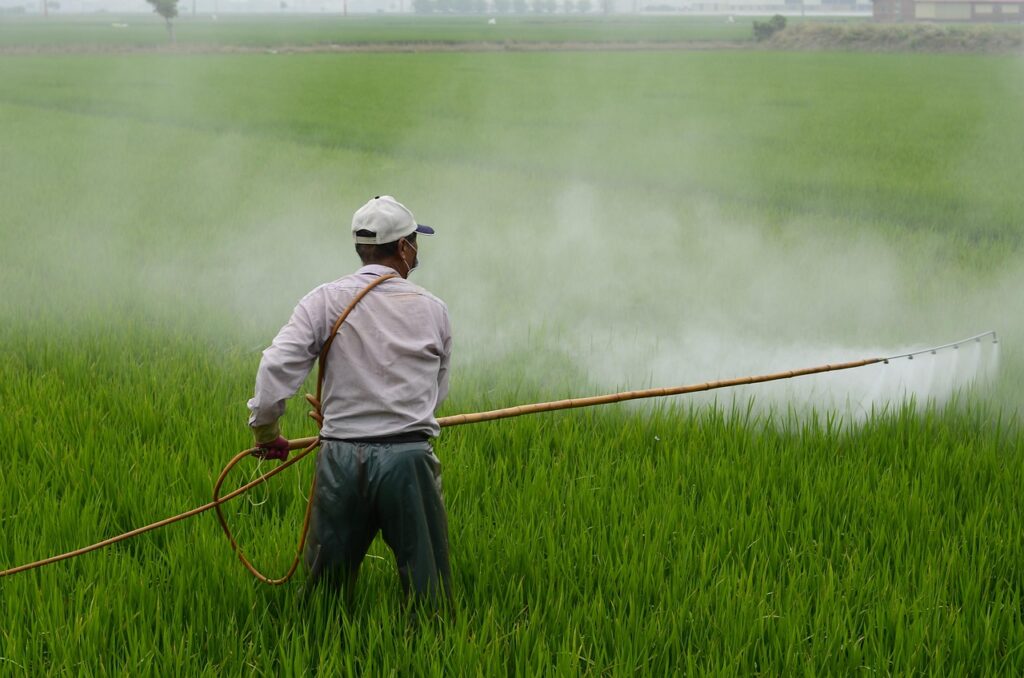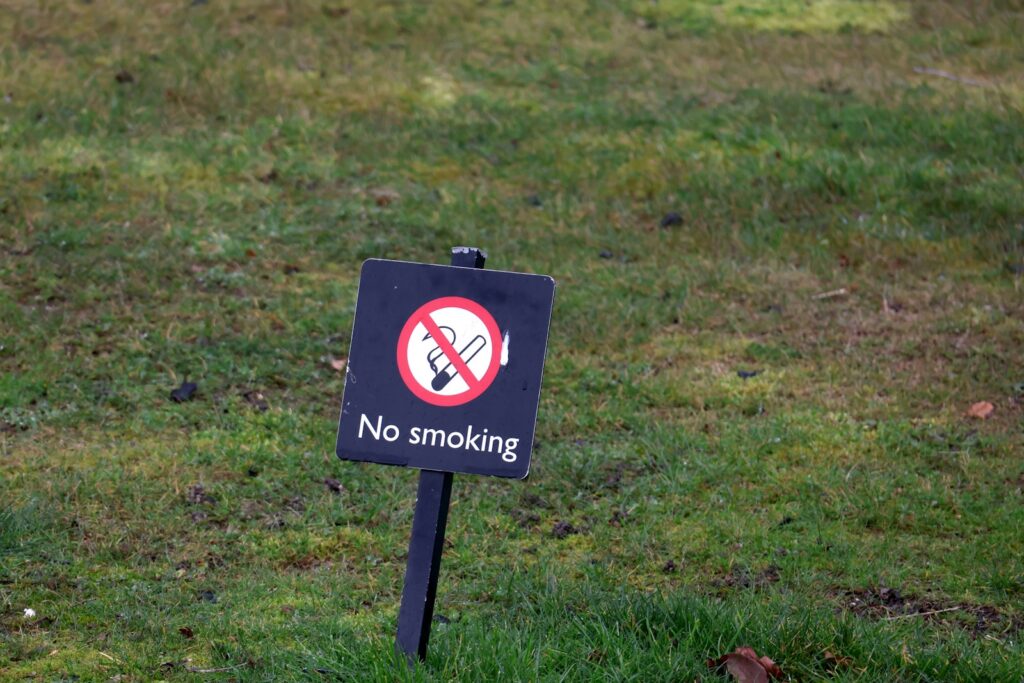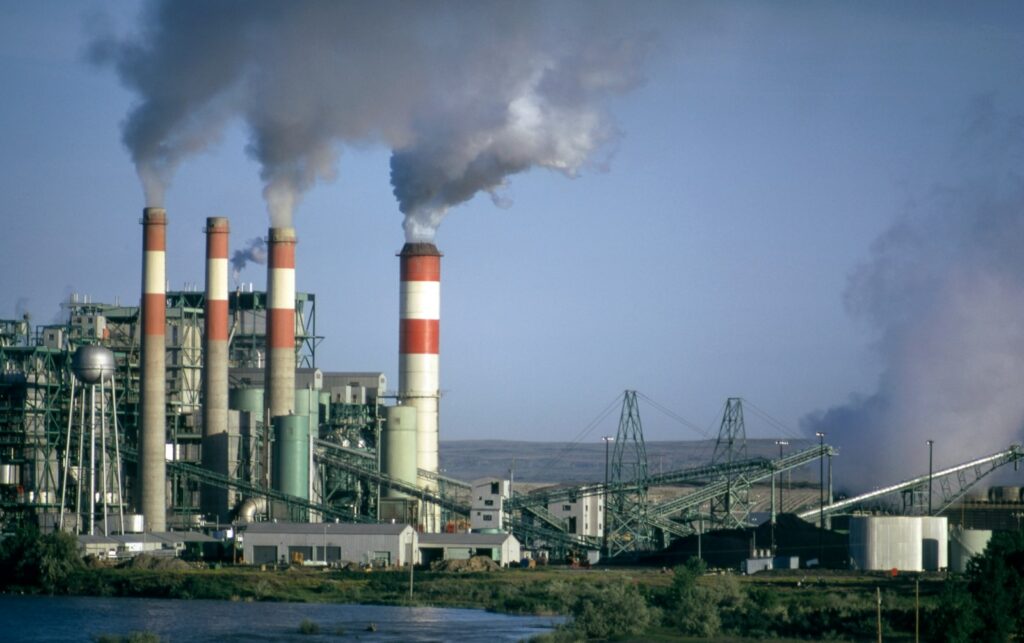Safety experts have called for air pollution to be recognised as an occupational health hazard.
A new report by the British Safety Council calls for ambient air pollution to be classified as an occupational health hazard in Britain.
Ambient air pollution is linked to cancer, lung and heart disease, type-2 diabetes, infertility and early dementia.
The report — Impact of air pollution on the health of outdoor workers —Â adds air pollution is linked with up to 36,000 early deaths a year in the UK and is considered the biggest environmental risk to public health.
It also quotes research from King’s College London, which suggests that more than 9,400 people die prematurely due to poor air quality in London alone.
But the report claims the government and regulatory bodies such as the Health and Safety Executive (HSE), continue to demonstrate a lack of interest in relation to regulation and guidance on air pollution.
In March 2019, the British Safety Council launched its Time to Breathe campaign, which is focused on the protection of outdoor workers from air pollution.
The cornerstone of the campaign is Canairy, the first mobile app that gives outdoor workers and their employers insights into pollution and how to reduce staff exposure to it. It has been created in co-operation with King’s College London. Canairy draws on the London Air Quality Network (LAQN) pollution map at King’s and the worker’s GPS to calculate an individual’s exposure to pollution on an hourly basis.
The report calls on the government to adopt the World Health Organisation’s exposure limits for the main pollutants and adopt a Workplace Exposure Limit for Diesel Engine Exhaust Emissions (DEEE).
‘The impact of air pollution on people working in large cities is starting to be recognised as a major public health risk. However, we are yet to see any true commitment to addressing this issue by the government and the regulators,’ said British Safety Council chairman, Lawrence Waterman.
‘The Time to Breathe campaign, together with our recent report, is a call to action for policymakers, regulators and industry leaders. The social and economic implications of ambient air pollution are clear. It must be recognised as an occupational health hazard, much like some toxic substances such as asbestos. Breathing clean air is not a privilege but a basic human right for the thousands of people who are undertaking vital work outdoors.’
















